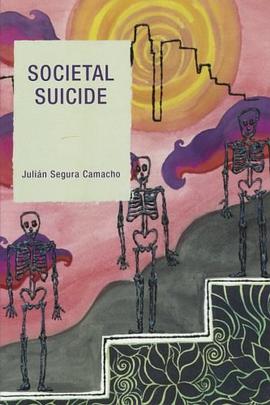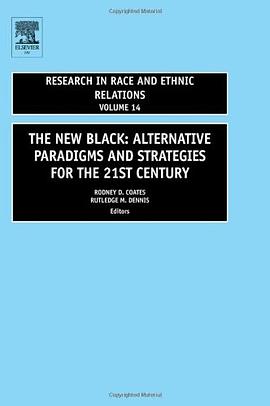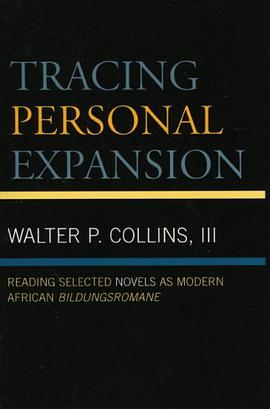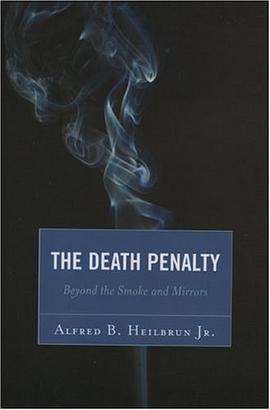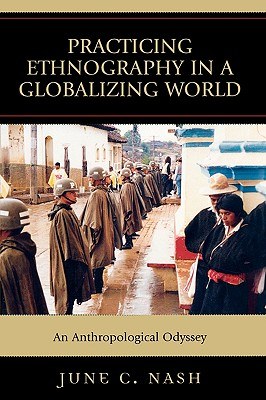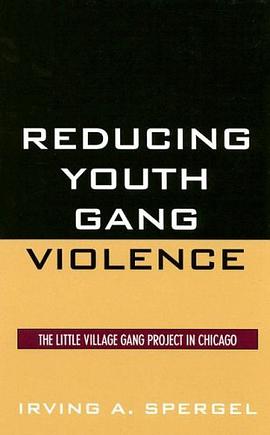

具体描述
Soon after the arrival of Doukhobors to British Columbia, new immigrants clashed with the state over issues such as land ownership, the registration of births and deaths, and school attendance. As positions hardened, the conflict, often violent, intensified and continued unabated for the better part of a century, until an accord was finally negotiated in the mid-1980s. Negotiating Buck Naked examines the accord closely. Why did the violence end? How was the accord reached? What factors enabled it to succeed when numerous other interventions had failed? How did it change the patterns of conflict between the factions? To answer these questions, Cran develops a theoretical framework for understanding the process of dispute resolution, emphasizing that competing discourses are juxtaposed and that it is these different but equally valid narratives that must be negotiated. Using this approach, Cran extracts from the Doukhobor conflict valuable lessons for understanding the nature of both terrorism and hegemonic practices, and traces how we view conflict and intervention from a Western perspective. Negotiating Buck Naked offers new ways of dealing with conflicts considered to be intractable. It will be useful to conflict resolution practitioners, policy makers, peace makers, and peace keepers.
作者简介
目录信息
读后感
评分
评分
评分
评分
用户评价
相关图书
本站所有内容均为互联网搜索引擎提供的公开搜索信息,本站不存储任何数据与内容,任何内容与数据均与本站无关,如有需要请联系相关搜索引擎包括但不限于百度,google,bing,sogou 等
© 2026 book.wenda123.org All Rights Reserved. 图书目录大全 版权所有

